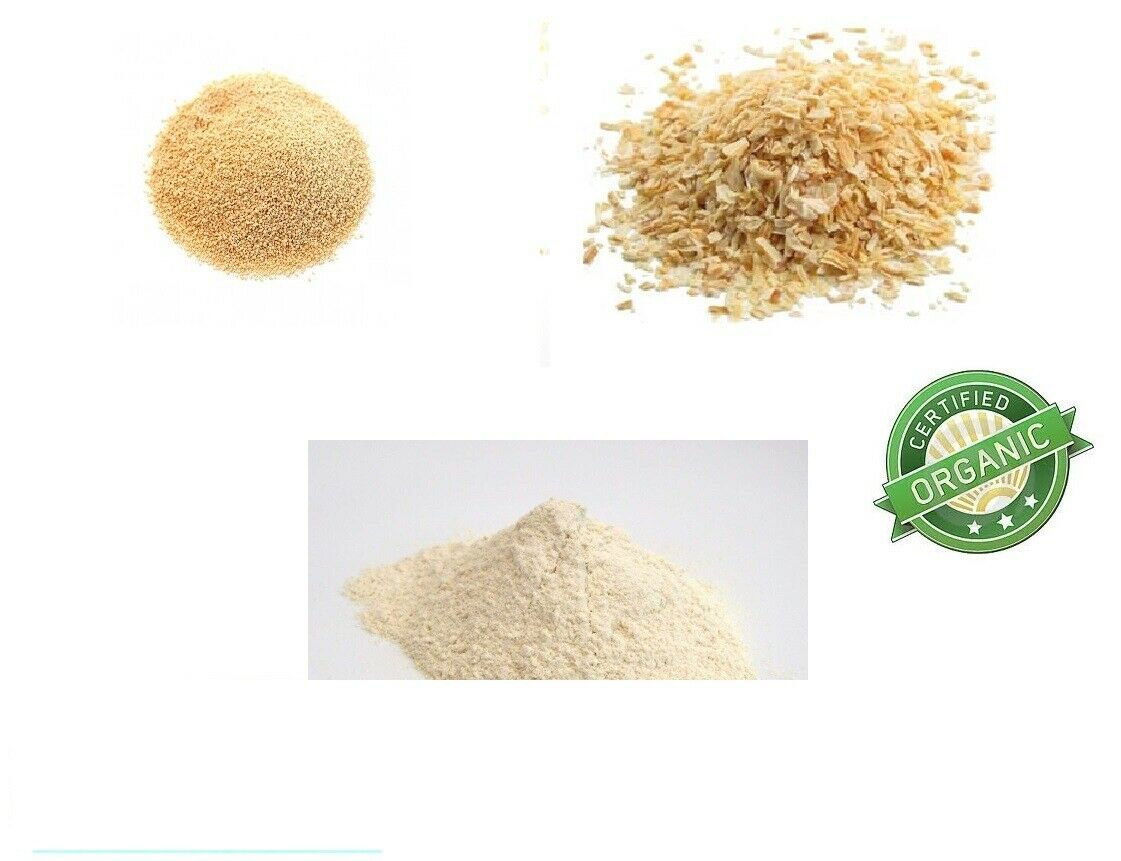-40%
Whole Coriander Seeds, 0.5 - 12 Pounds - Kosher - by Food To Live ®
$ 3.42
- Description
- Size Guide
Description
This listing is for the Highest Quality OrganicWHOLE CORIANDER SEEDS
Certified
Kosher
by
Union of Orthodox Jewish Congregations of America
Suitable for Vegetarians
Suitable for Vegans
About the product:
Raw Whole Seeds
Highest Quality
Highest Purity
Amazing little seeds with great health benefits
Product Description:
Coriander (Coriandrum sativum) is also known as cilantro, Chinese parsley or dhania. Coriander is common in South Asian, Southeast Asian, Middle Eastern, Central Asian, Mediterranean, Indian, Tex-Mex, Latin American, Portuguese, Chinese, African, and Scandinavian cuisine.
The seeds have a lemony citrus flavor when crushed, due to terpenes linalool and pinene. It is described as warm, nutty, spicy, and orange-flavored.
Coriander seed is a spice in garam masala and Indian curries, which often employ the ground fruits in generous amounts together with cumin. It acts as a thickener. Roasted coriander seeds, called dhana dal, are eaten as a snack. It is the main ingredient of the two south Indian dishes: sambhar and rasam. Coriander seeds are boiled with water and drunk as indigenous medicine for colds.
Outside of Asia, coriander seed is used for pickling vegetables, and making sausages in Germany and South Africa. In Russia and Central Europe, coriander seed is an occasional ingredient in rye bread as an alternative to caraway. Coriander seeds are used in European cuisine today, though they were more important in former centuries. The Zuni people have adapted it into their cuisine, mixing the powdered seeds ground with chile and using it as a condiment with meat, and eating leaves as a salad.
Health Benefits:
Coriander, like many spices, contains antioxidants, which can delay or prevent the spoilage of food seasoned with this spice.
Coriander has been used as a folk medicine for the relief of anxiety and insomnia in Iran. Coriander seeds are used in traditional Indian medicine as a diuretic by boiling equal amounts of coriander seeds and cumin seeds, then cooling and consuming the resulting liquid. In holistic and traditional medicine, it is used as a carminative and as a digestive aid.
Coriander has been documented as a traditional treatment for type 2 diabetes. A study on mice found coriander extract had both insulin-releasing and insulin-like activity.
Coriander seeds were found in a study on rats to have a significant hypolipidaemic effect, resulting in lowering of levels of total cholesterol and triglycerides and increasing levels of high-density lipoprotein. This effect appeared to be caused by increasing synthesis of bile by the liver and increasing the breakdown of cholesterol into other compounds.
The essential oil produced from Coriandrum sativum has been shown to exhibit antimicrobial effects.














